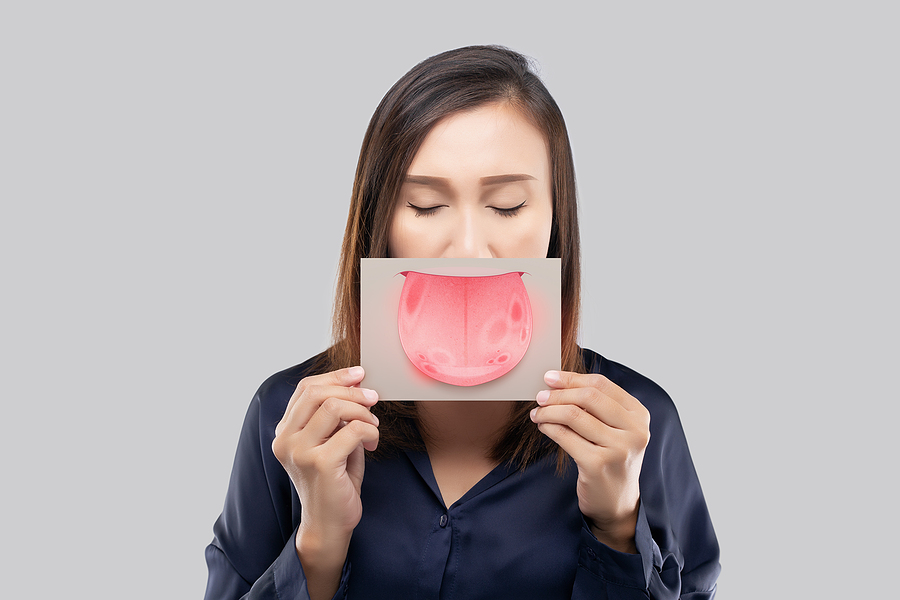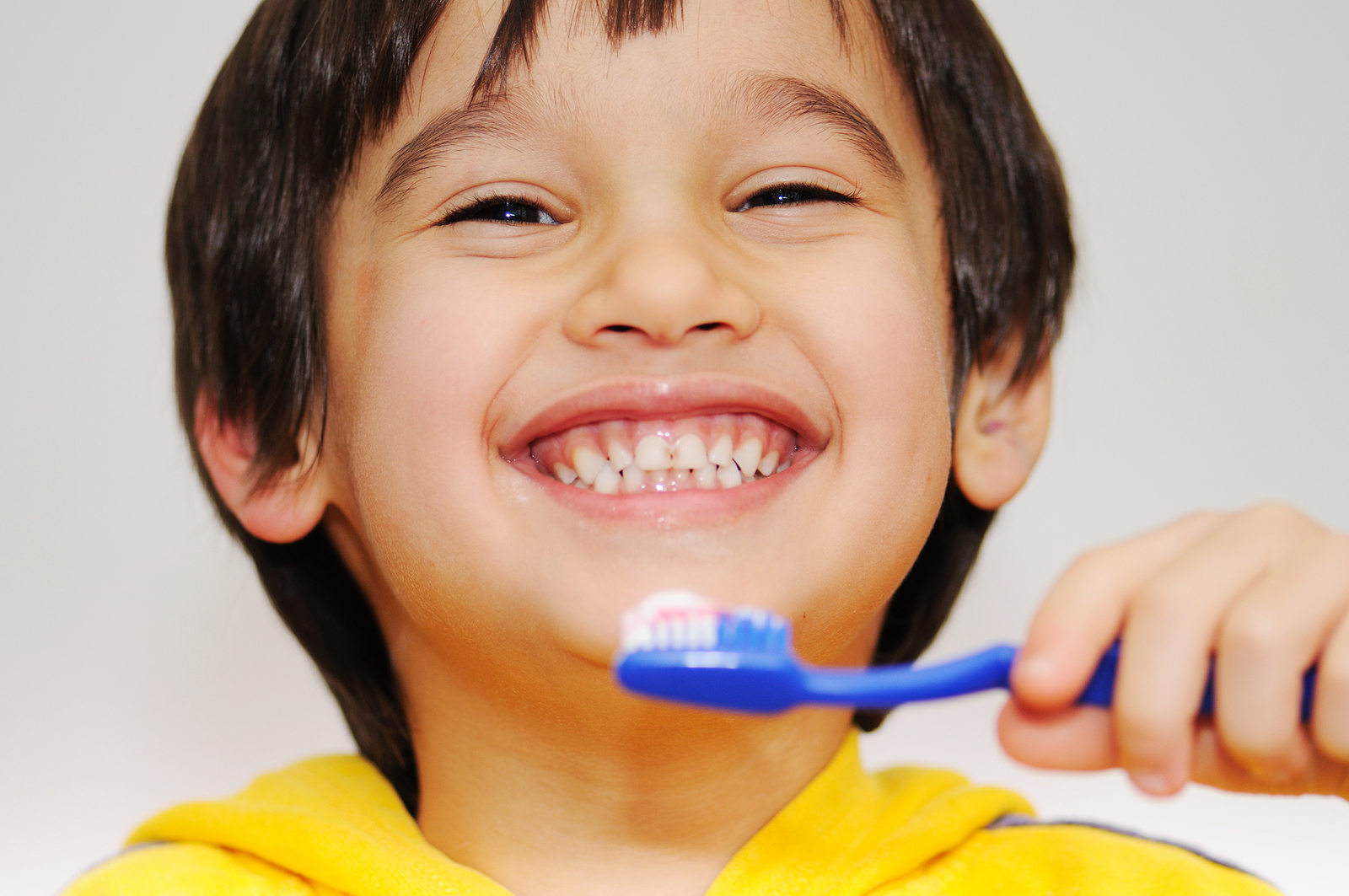Are you waking up with aches and pains in your jaw? Does the sound of grinding teeth keep your partner awake at night? If so, you may be one of the millions who suffer from teeth grinding, also known as bruxism. While it may seem harmless, this common dental condition can have some serious consequences for your oral health.
The Negative Effects of Teeth Grinding on Oral Health
Teeth grinding, also known as bruxism, is a common condition where individuals clench or grind their teeth. While occasional teeth grinding may not cause significant harm, chronic and severe cases can have negative effects on oral health.
- One of the primary consequences of teeth grinding is tooth damage. The constant pressure and friction exerted on the teeth can lead to wear and tear, resulting in chipped enamel, fractured teeth, and even tooth loss over time.
- In addition to tooth damage, bruxism can also cause jaw pain and temporomandibular joint (TMJ) disorders. The excessive force applied during grinding puts strain on the jaw muscles and joints, leading to stiffness, soreness, headaches, and difficulty in opening or closing the mouth properly.
- Moreover, consistent teeth grinding can contribute to gum recession. The excessive movement of the lower jaw against the upper one can irritate the gums and cause them to recede gradually. This exposes more of the tooth's root surface, which increases sensitivity to hot or cold foods/drinks.
- Another lesser-known consequence of bruxism is its impact on sleep quality. Grinding sounds produced during sleep can disturb both you and your partner's restful slumber. Additionally, it may be an indication of underlying stress or anxiety that could affect your overall well-being if left unaddressed.
In order to protect your oral health from these negative effects caused by teeth grinding, it's important to seek treatment options such as wearing a night guard— a custom-made dental appliance designed specifically for you—to prevent further damage while sleeping regularly at night.
Types of Night Guards and How to Choose the Right One
When it comes to finding the right night guard for teeth grinding, there are a few options available. Each type of night guard has its own unique features and benefits, so it's important to understand your specific needs before making a decision.
- The most common type of night guard is the over-the-counter version. These can be found at your local pharmacy or online. They typically come in a one-size-fits-all design that can be adjusted to fit your mouth. While these guards may provide some relief, they often lack customization and may not offer optimal protection.
- Another option is custom-made night guards from your dentist. These are created using impressions of your teeth, ensuring a perfect fit. Custom-made night guards tend to be more comfortable and effective than over-the-counter versions, as they are specifically tailored to your individual needs.
- For those who prefer a more discreet option, there are also clear aligner-type night guards available. Similar to Invisalign trays, these guards are made from transparent materials that make them less noticeable when worn.
To choose the right night guard for you, consider factors such as comfort level, durability, and ease of cleaning. Additionally, consult with your dentist or orthodontist for personalized recommendations based on the severity of your teeth-grinding habit.
The Benefits of Wearing a Night Guard
Wearing a night guard can offer numerous benefits for individuals who grind their teeth while sleeping.
- One of the main advantages is protecting your teeth from damage caused by grinding and clenching. When you wear a night guard, it acts as a cushion, creating a barrier between your upper and lower teeth. This helps to distribute the forces generated during grinding or clenching, reducing the impact on your teeth.
- Another benefit of wearing a night guard is pain relief. Teeth grinding can lead to jaw pain, headaches, and even earaches. By using a night guard, you can alleviate these symptoms by providing support and alignment to your jaw joint (TMJ). The night guard helps relax the muscles in your face and jaw, preventing unnecessary strain.
- Not only does wearing a night guard protect your natural teeth, but it also safeguards dental restorations such as crowns or veneers. These restorations are not designed to withstand excessive pressure from grinding or clenching. A well-fitting night guard acts as a protective shield for these dental workers, prolonging their lifespan.
- A less obvious benefit of wearing a night guard is improved sleep quality. Teeth grinding often disrupts sleep patterns, which can leave you feeling tired and fatigued throughout the day. By using a night guard to reduce grinding noises and muscle tension in your face and neck area, you may experience better quality sleep that leaves you feeling refreshed each morning.
To discover more about dental procedures, visit Willow Creek Family Dentistry at 2346 Mormon Trek Blvd, Suite 2600, Iowa City, IA 52246, or call our dentist in Iowa City, IA, at (319) 339-4456.
More Blog Posts
Office Hours
MON - THU8:00 am - 5:00 pm
FRI8:00 am - 2:00 pm
SAT - SUNClosed






